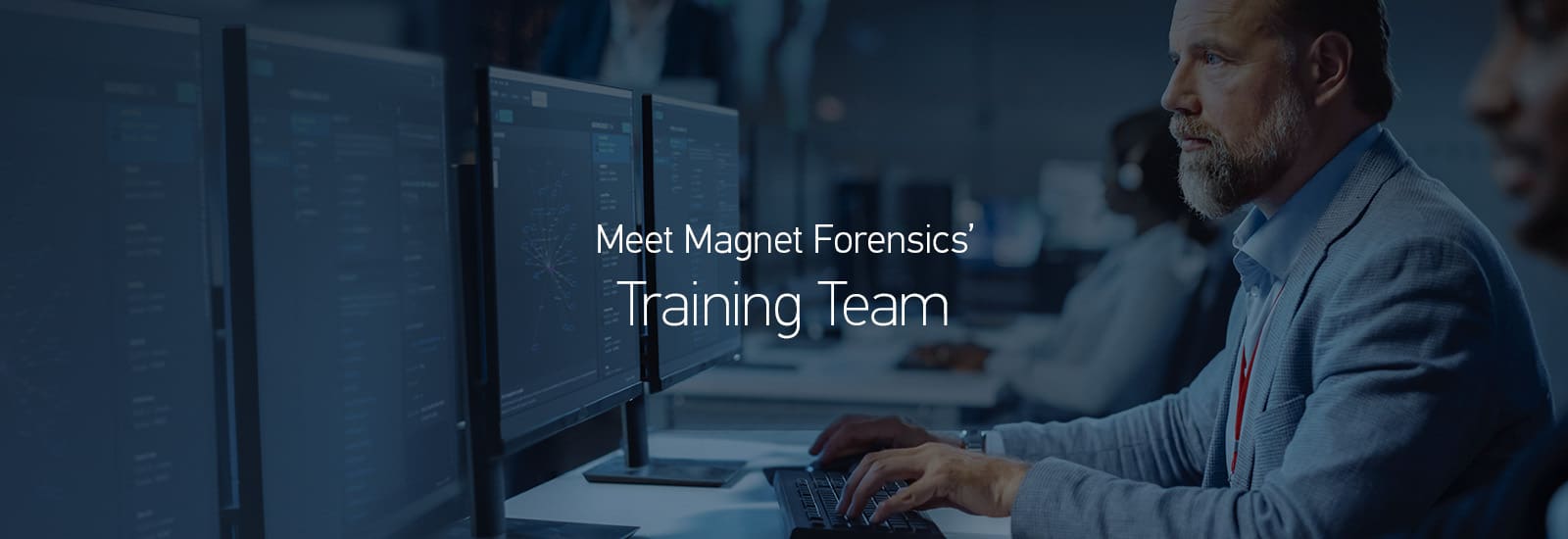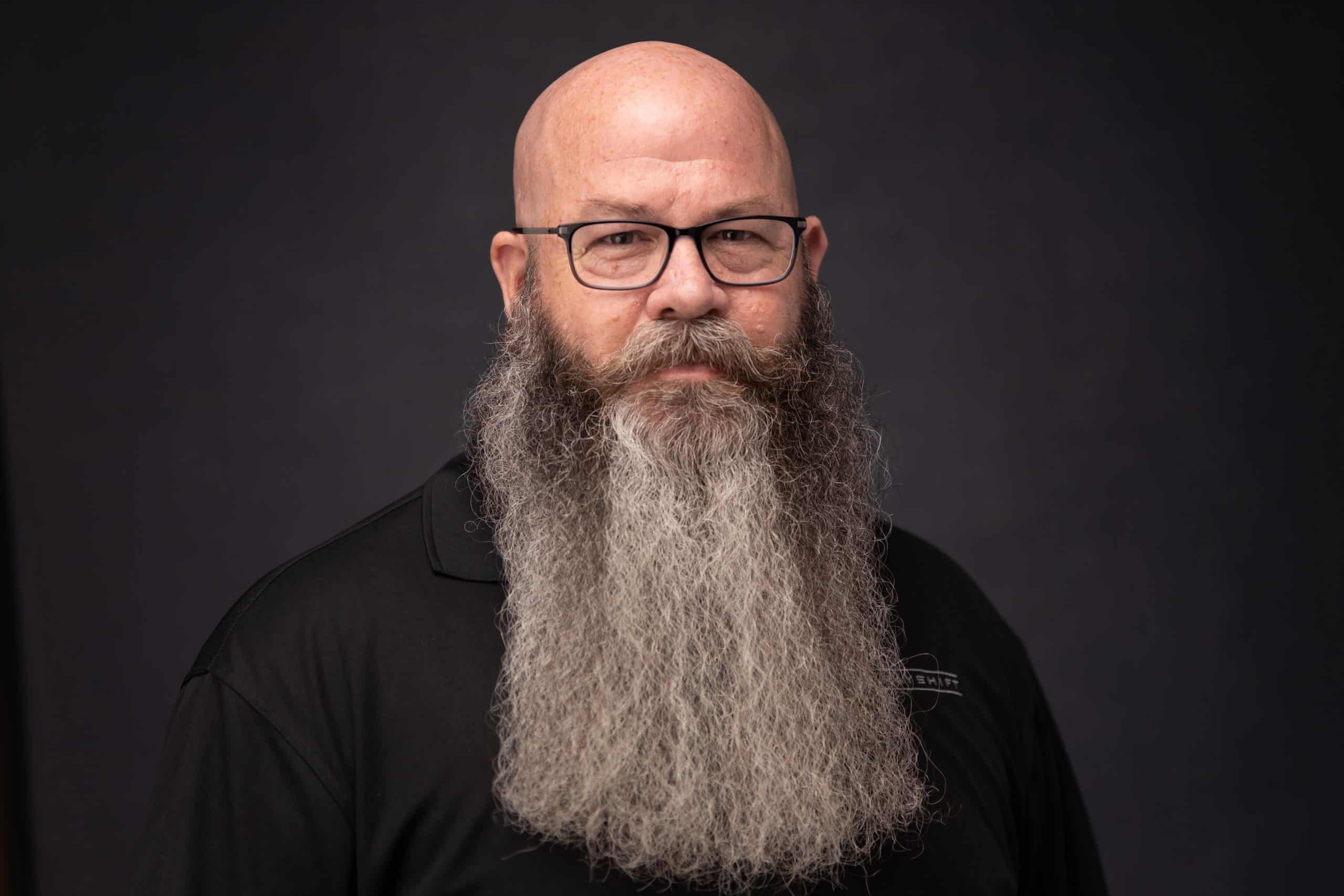
Meet the Magnet Forensics Training Team: Wilton Cleveland
MF: Tell us about your life before becoming a Trainer.
WC: I have been with the Sales team at Grayshift since June of 2019, but prior to that I was in law enforcement for 30 years with a 26-year career with the Memphis Police Department—about two years as the Chief of Police in Henderson, TN, and finishing up with the Hardeman County Sheriff’s Office as the Captain of their Criminal investigation Division.
MF: What made you want to be a Trainer?
WC: From my experiences coming from a larger agency where we at one time had about 2600 sworn, it takes a lot of effort by the agency to maintain proper training. I have always felt a person should make every effort to become the best at what they do and there is a two-prong approach to being the best: training and doing. These two things go back and forth and are paramount to being successful in your job.
MF: What excites you the most about a new class?
WC: First, meeting new people or seeing people I have met previously. There is a comradery that develops, a sense of common purpose. Secondly, listening to the experiences of others and being allowed to share my experiences so everyone grows.
MF: Do you ever learn anything from the students?
WC: Every single time. Questions are what we learn from—whether it’s asked internally or when someone has had an experience unknown to me and we can explore the answer together.
MF: Is there a particular moment that stands out the most to you in your career in the classroom?
WC: I laugh when I think about it, but I remember preparing to teach in-service after my P.O.S.T. certified instructor class. I was very serious, probably a bit too serious. I was prepared for my hour a week for the next 42 weeks. I noticed several people dozing as I spoke. It hurt my feelings a little bit. I thought what I had to say was very important. Then about four weeks into the yearly cycle, it was my turn to sit through the week of in-service, and I caught myself dozing off, not because the subject wasn’t interesting or the instructor was boring, I was simply tired from a call out the night before. It was a valuable lesson in understanding your audience, and not taking myself so seriously. It really makes me laugh at myself.
MF: What do students get out of training in person that they can’t get on their own?
WC: The interaction. The pulling from the experience of others. The ability to ask a question instead of skipping through the material when it is not understood. I know people hate to ask questions but in the majority of the cases, other people have the same question. You get to draw on the experience of everyone in the classroom, not just the instructor. Your knowledge base grows exponentially in the classroom.
MF: How prepared do you feel students are to use Magnet Forensics products after taking the training course?
WC: As the saying goes, depending on one’s experience, it might be like drinking water from a firehose. But the way the training is structured, it moves quick enough not to get boring, but on a good pace for students to absorb. The key to attending training is, once complete, go back and run through the course material at your own pace working the problems again. I think once back at an agency and applying the training material a student/examiner will be able to process cases with great success.
MF: Why do you think certification is important to examiners?
WC: I have heard arguments for and against certifications, but I believe it is important to have certifications to demonstrate a certain level of competency. A person should not stop at certification only. Build the experience through the knowledge from the certification to be the best at what you do.
MF: How do you manage to keep up on the latest trends in digital forensics?
WC: By keeping in touch with former co-workers, reading forums, subscribing to list-servs, and searching for updates. Plus, I talk to those who are still in the fight about what new things they see.
MF: What trends do you see coming down the pipeline in digital forensics?
WC: I know others have said the same, but the Internet of Things. Everything wants to be connected to other things to make our lives easier. We constantly move through an atmosphere of radio signals. It seems kind of scary, but for catching bad guys it might be great. On the flip side they may use the same things to prey on victims.